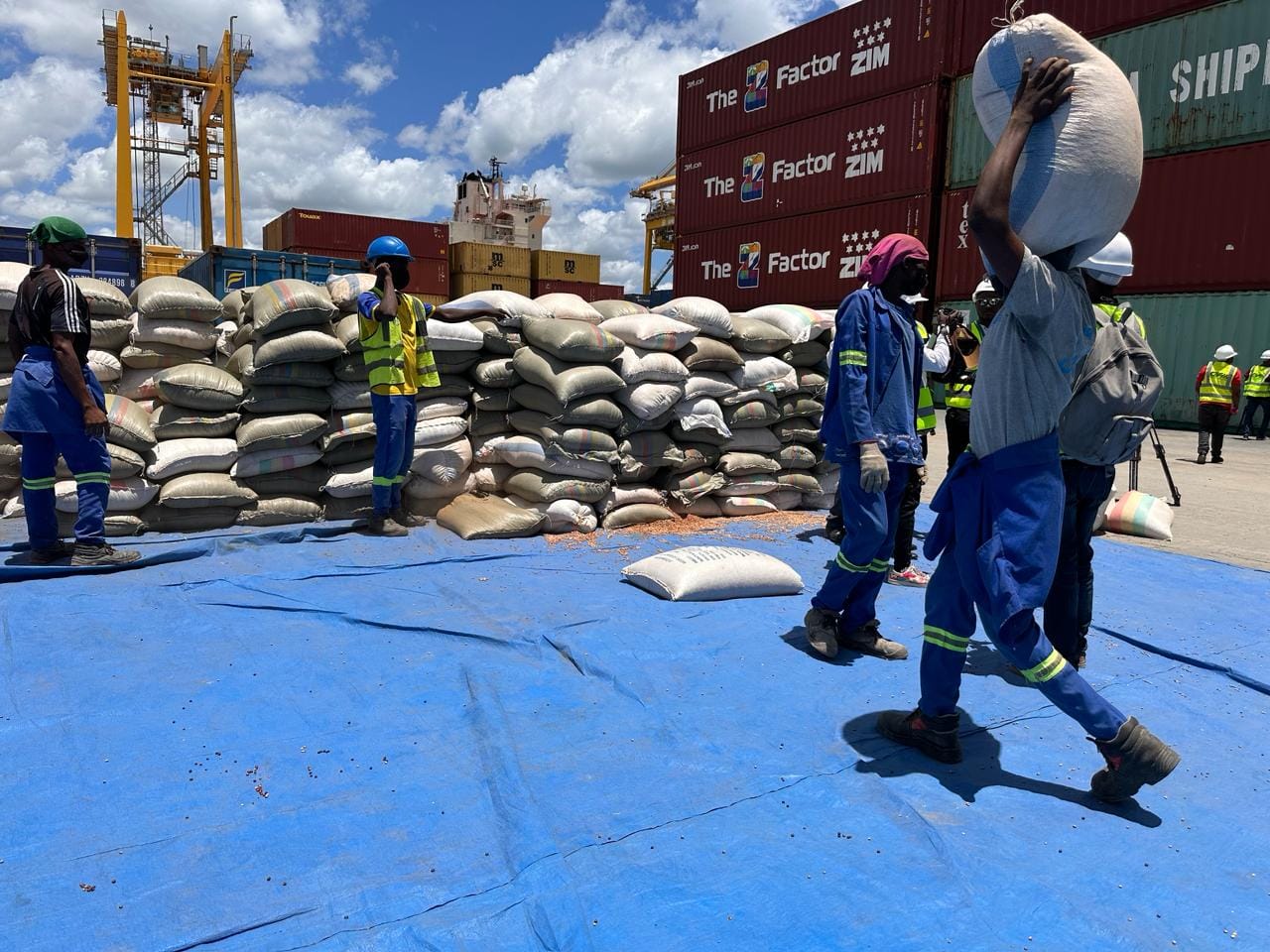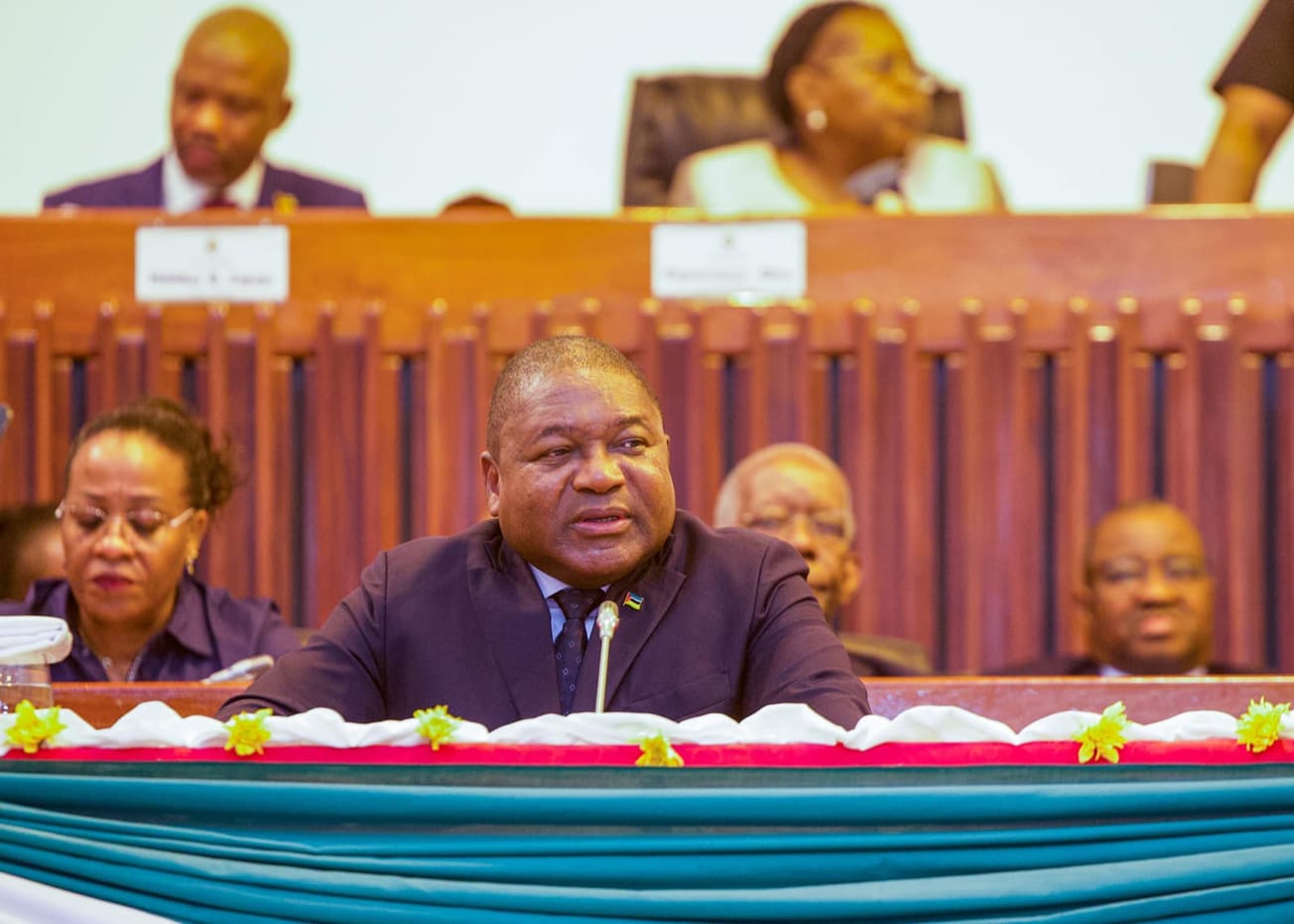With October’s general election approaching and President Filipe Nyusi reaching the end of his two-term limit, Mozambique is set to elect a new president in October. Given decades of electoral fraud in its favour, it is all but certain the next president will come from ruling party Frelimo, though the party is yet to produce a shortlist of potential candidates. Originally the party’s shortlist and final decision were expected in March or April, but Zitamar News now expects the candidate selection to take place in May during an extraordinary meeting of the Frelimo Central Committee.
How will Frelimo select its candidate?
Responsibility for selecting Frelimo’s presidential candidate falls to the party’s 19-strong Political Commission, and its Central Committee of 250 senior party members. The commission’s job is to produce a shortlist of up to three names, which the committee then votes on. Aside from that, there are relatively few official rules governing the choice of candidate. Following an informal consultation, the process is now expected to be discussed at a Central Committee meeting on 5-6 April. One unwritten rule is that the place of origin of the president should rotate around the country with each new president, meaning the next president should be from a province in central Mozambique, but this is unlikely to be a serious consideration this year.
Traditionally, Frelimo has engineered the selection of its candidate behind closed doors, and the committee has not been given a real choice of candidates. This changed when Filipe Nyusi was chosen in 2014; however, the party still does not have a proper and transparent system for selecting a candidate, since this would take power out of the hands of the elite. The Political Commission, which is thought to be under Nyusi’s control, has considerable power: it can add names to the shortlist, even if the shortlisted names have already been through a nomination process, and it also issues guidance to committee members on who they should and should not vote for. The Central Committee could have the chance at its April meeting to suggest names for the shortlist. Free discussion of candidates is hampered by a culture of fear within the party.
As well as Nyusi himself, Frelimo’s war veterans’ association (formally, the Association of Combatants of the Armed Struggle for National Liberation or ACLLN) is also expected to exert influence on the choice of candidate. The issue was raised by veteran and former Political Commission member Óscar Monteiro at an ACLLN meeting on 4 April, who managed to include the subject in the meeting as well as at the next day’s Central Committee meeting.
Frelimo veteran Óscar Monteiro calling on the party to address the 'elephant in the room' at the ACLLN meeting on 4 April 2024. The footage was interrupted by security at the event preventing TV Sucesso from continuing its live broadcast.
Who's in the running?
For much of February and March, it seemed that agriculture minister Celso Correia was Nyusi’s preferred candidate, making him the frontrunner and favourite. Nyusi appointed Correia to the relatively insignificant position of coordinating Frelimo’s campaign in Inhambane province, where Frelimo can easily win, suggesting he was placed in a position from which he could be quickly removed for more important work. However, Correia still faces opposition within Frelimo: he was born in Maputo, defying the notion of a president from a central Mozambican province, and has experienced racism due to his light skin tone. Worse still, Correia’s reputation for being able and in control works against him inside a party whose elites prefer candidates that simply do as they are told. His reputation was also tainted by Frelimo’s performance in recent elections, where it only won some major cities through electoral fraud.
Amélia Muendane, president of the Tax Authority, is now rumoured to be Nyusi’s preferred candidate, if he fails to form a consensus around Correia. Muendane is reportedly one of Nyusi’s inner circle and part of a “triumvirate controlling the business of the state”, alongside the president and one of his closest allies, Constantino Bacela, who Muendane is said to be engaged to. Muendane seems to represent a compromise between Nyusi and Frelimo elites, as she has held a string of influential positions including deputy finance minister, and unlike Correia is a black Mozambican. Rumours of her candidacy have been bolstered by a series of social media accounts that have recently appeared to promote her image, and her starring role in a unique new publication covering Frelimo activities in Cabo Delgado, where she is in charge of the party’s campaigning.
At the time of writing, a range of other possible challengers for the candidacy — outside the Nyusi circle — were being talked about, including former prime ministers Aires Ali, Luísa Diogo, and Alberto Vaquina, and former ministers José Pacheco and Jaime Basílio Monteiro. Samora Machel junior, son of Mozambique's first president Samora Machel, released his manifesto at the end of March, and is seen as the major force prompting the discussion of the election at the veterans’ meeting on 4 April. However, he is unlikely to secure enough support to be selected as the party’s candidate.
Why is the vote delayed?
Frelimo was originally expected to select a candidate during March or April, but Zitamar News now expects the decision to come after a meeting of the Central Committee in May. Zitamar News understands President Nyusi has struggled to build a consensus around any of his preferred candidates and, according to a party spokesperson, the meeting planned for March was changed because it coincided with Easter celebrations. Nyusi also has no interest in becoming a lame-duck president after the announcement of his successor, so would likely prefer the party choose their next candidate as late as possible.
Will Frelimo’s candidate become president?
It is extremely unlikely that Frelimo’s candidate will not secure the presidency in October’s general election. Frelimo candidates have governed Mozambique for all of its period as an independent country thanks to corruption and electoral fraud by the party. Recent reports suggest that such tactics have become even more brazen in the last six years, when altering ballots changed from a secret process to a display of strength. Voter registration for the upcoming election has already been questioned by opposition parties, who accuse Frelimo of mismanaging funds and favouring voter registration in regions that support their party. This all suggests that regardless of the will of the country, Frelimo’s candidate will prevail in October's general election.








